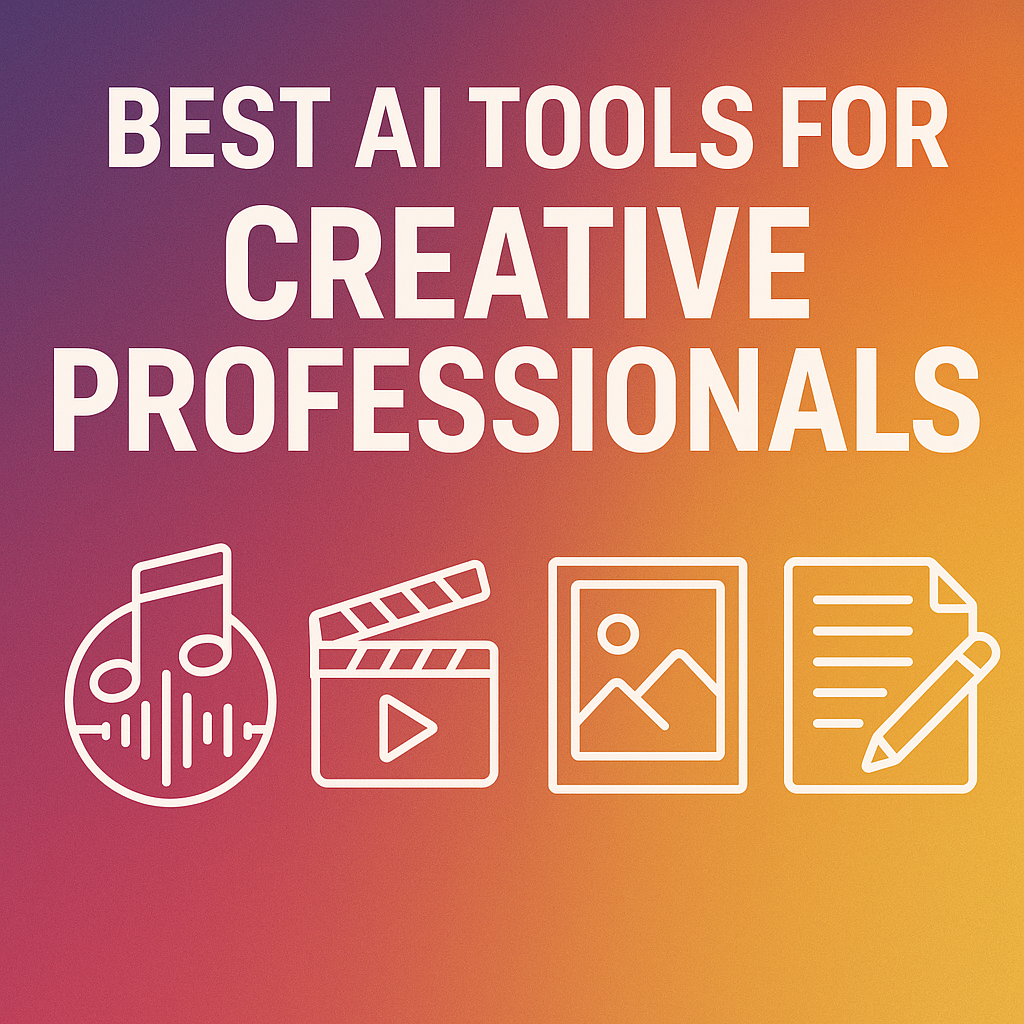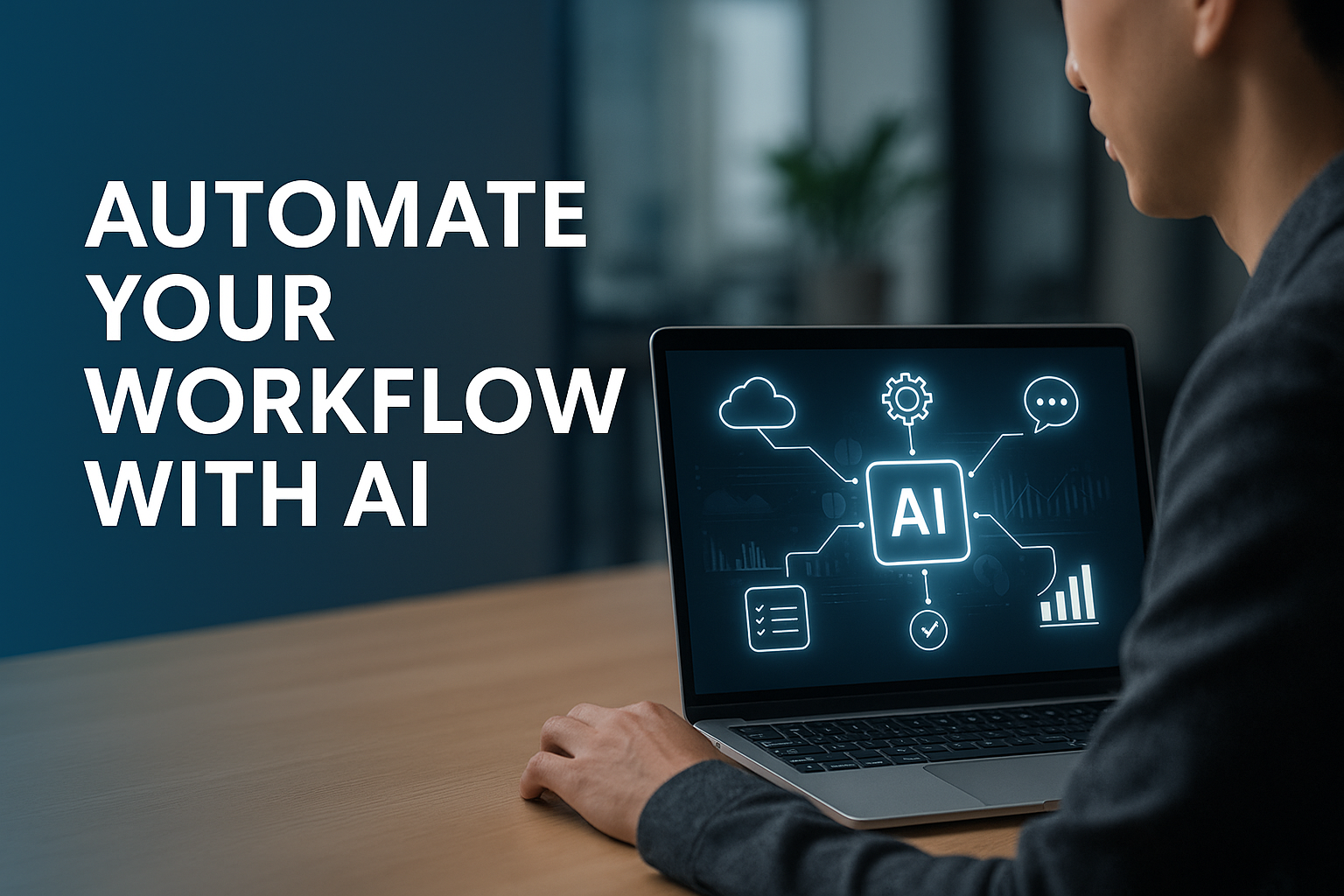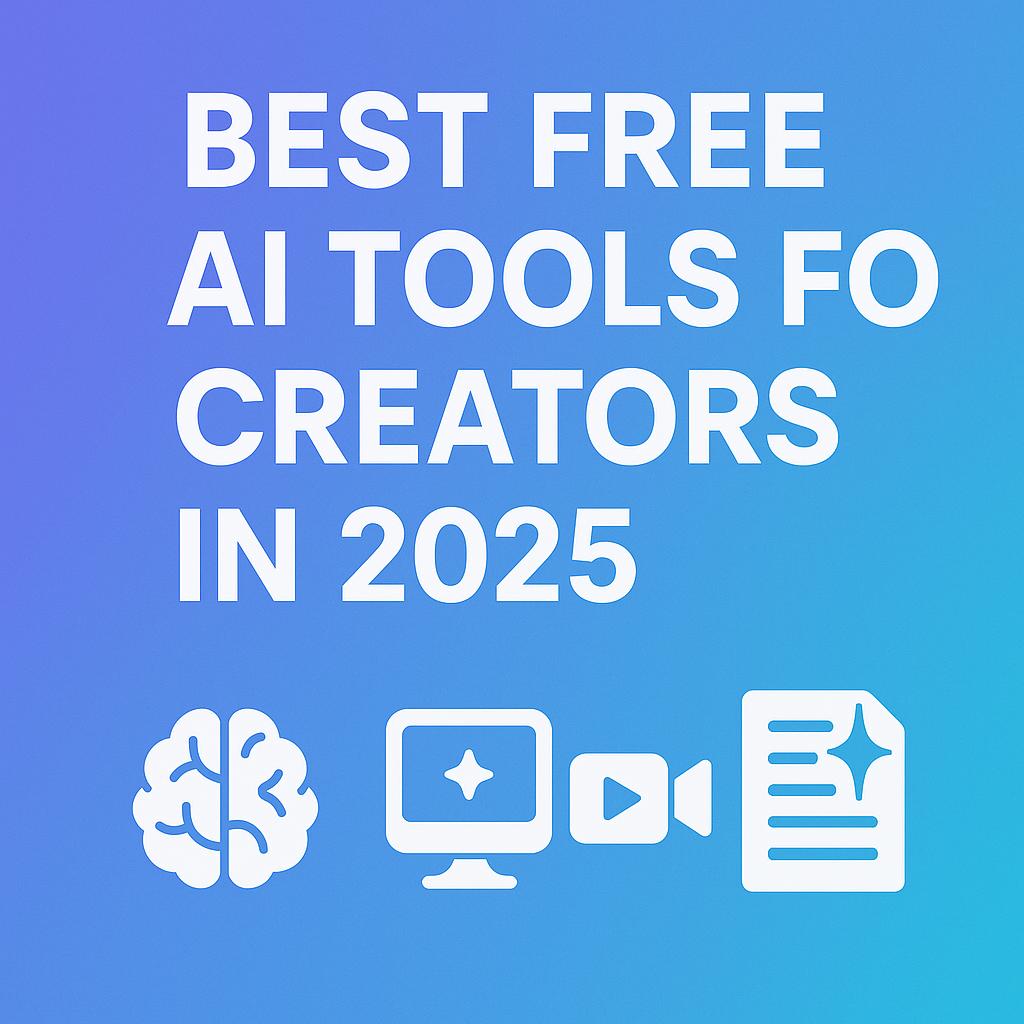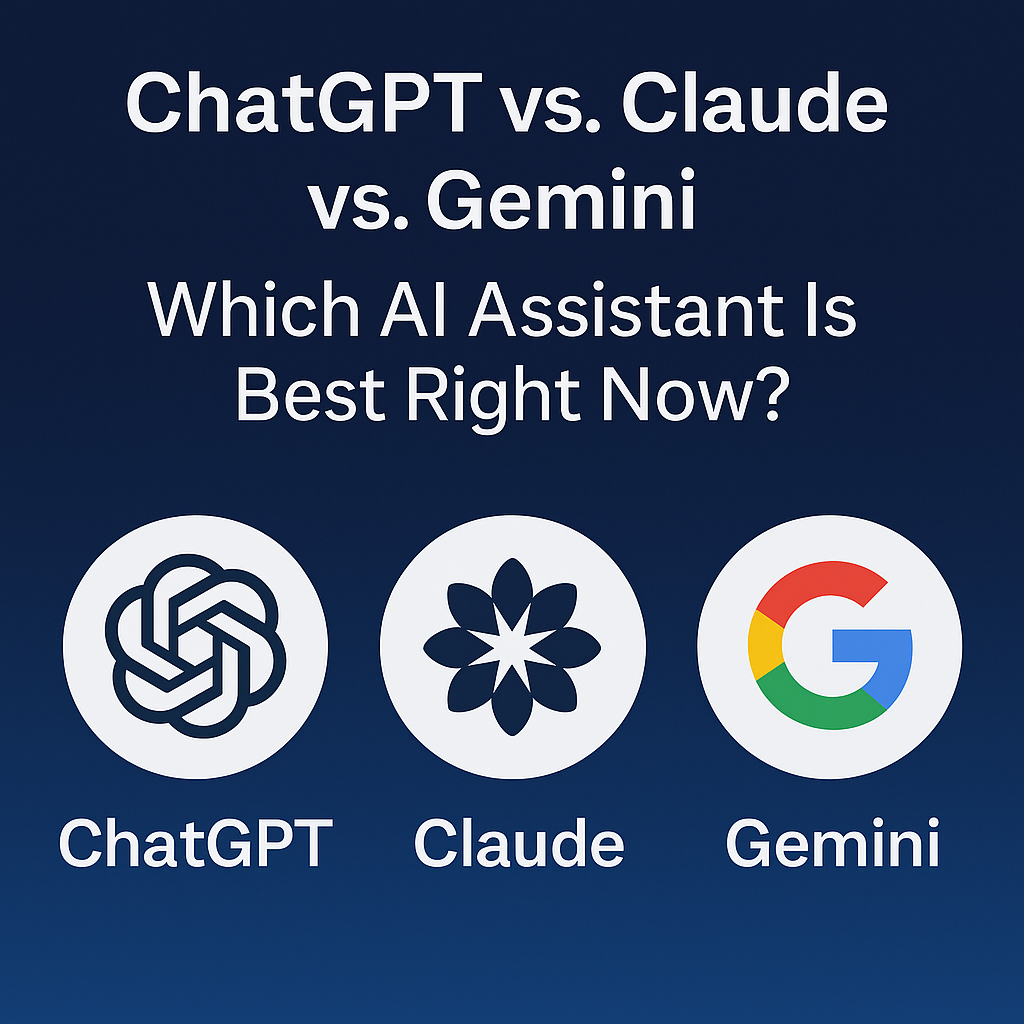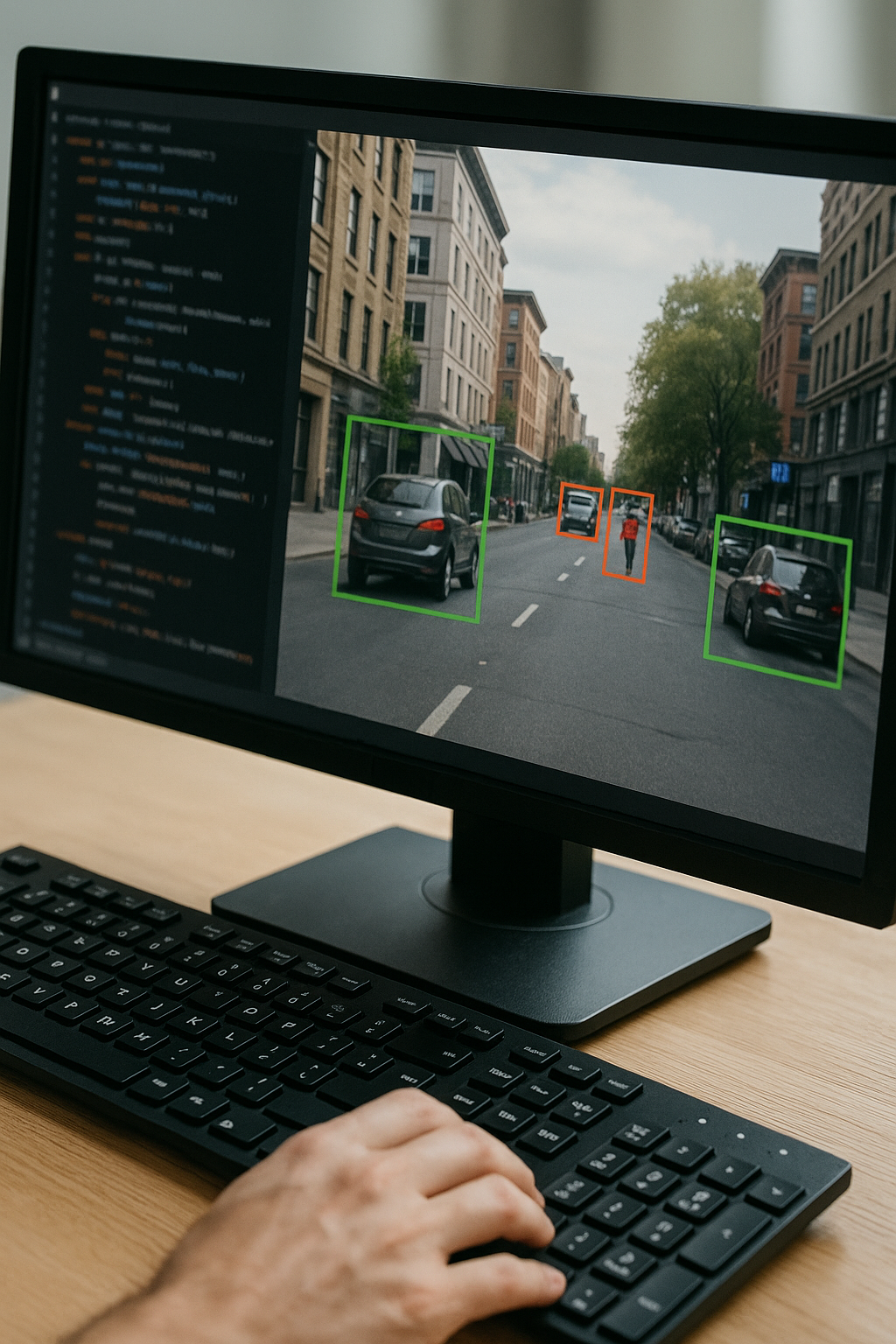This Week in AI
Top 5 News Stories Shaping the Future
Greetings, AI enthusiasts! Get ready to delve deeper into the intricate world of artificial intelligence as we explore this week's top headlines and their underlying significance
1. The UK Emerges as a Global AI Powerhouse:
A recent report by the Artificial Intelligence & Public Policy Research Network (AIPRM) throws a spotlight on a surprising shift in the AI talent landscape. The UK's AI job market has experienced a remarkable 1.2% average yearly growth rate between 2017 and 2022, significantly outpacing the US's modest 0.1% increase. This development suggests several potential factors contributing to the UK's surge:
- Government Initiatives: The UK government has actively implemented supportive policies and invested in fostering a research-conducive environment for AI development, attracting talent and investments.
- Strong Academic Foundation: The UK boasts a network of world-renowned universities with established AI research programs, contributing to a skilled workforce.
- Targeted Sector Focus: The UK appears to be strategically focusing on specific sectors like healthcare and finance, potentially creating a concentrated pool of AI expertise within these industries.
This trend highlights the increasingly global nature of the AI race, where countries are actively vying for dominance in this transformative field.
2. AI and the Future of Work: Balancing Progress with Human Well-being:
The International Monetary Fund (IMF) presents a nuanced analysis of AI's potential economic and social impact. While acknowledging AI's ability to significantly boost global productivity and economic growth, the report also raises concerns about potential downsides:
- Job Displacement: As AI automates tasks previously performed by humans, job losses are a looming threat, particularly in sectors reliant on repetitive tasks. This necessitates proactive measures to address potential unemployment and equip individuals with the skills needed to thrive in an AI-driven job market.
- Widening Inequality: The benefits of AI-driven economic growth may not be equally distributed. Existing inequalities between income levels and social groups could exacerbate further if proper safeguards are not implemented to ensure equitable access to the opportunities presented by AI.
This balanced perspective emphasizes the crucial need for responsible AI development that prioritizes ethical considerations alongside technological advancements.
3. AI Chemist: Ushering in a New Era of Scientific Discovery:
Researchers are forging a groundbreaking partnership between human ingenuity and AI, aiming to revolutionize the field of chemical discovery. This exciting collaboration involves utilizing AI's capabilities to:
- Analyze vast datasets: AI can analyze massive datasets of existing molecules and their properties, identifying patterns and potential connections that might escape human researchers.
- Prioritize promising candidates: By sifting through the data, AI can pinpoint molecules with specific characteristics desired for new drugs or materials, significantly accelerating the discovery process.
- Reduce experimentation time: With AI highlighting promising candidates, researchers can focus their efforts on targeted experiments, saving valuable time and resources.
This innovative approach has the potential to unlock breakthroughs in various scientific fields, leading to the development of life-saving drugs, novel materials, and advancements in diverse areas like clean energy solutions.
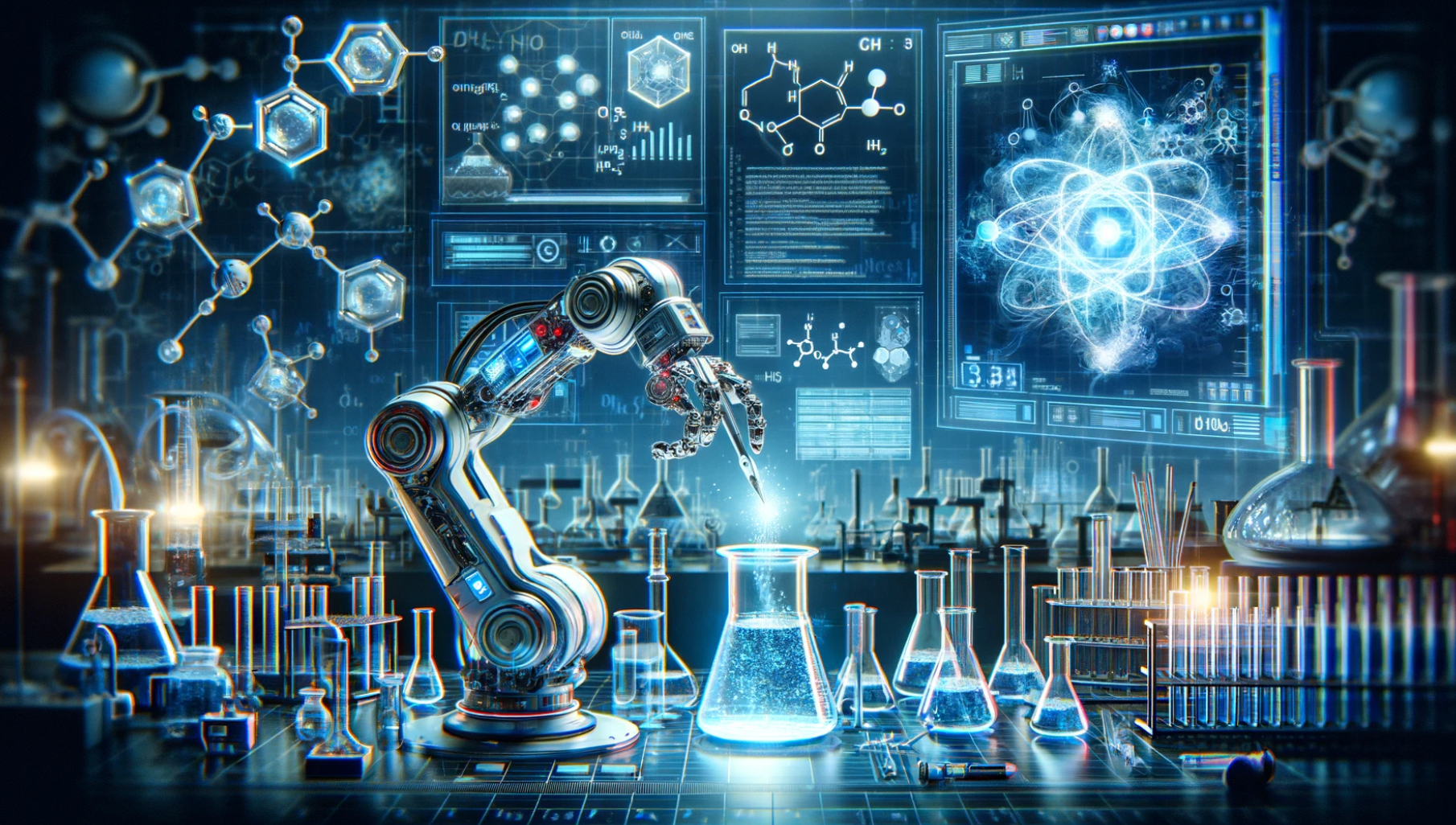
4. AI Revolutionizes Access to Information for the Visually Impaired:
A remarkable feat by researchers has resulted in the development of an AI system capable of reading braille at an impressive speed – twice as fast as humans. This breakthrough holds immense potential to improve the lives of individuals who are visually impaired by:
- Enhancing information access: Faster braille reading allows individuals to access information and resources more efficiently, promoting greater independence and participation in daily activities.
- Facilitating education and social inclusion: Improved access to educational materials empowers individuals with visual impairments to pursue their academic goals and actively engage in social settings.
This innovation exemplifies AI's potential to bridge the accessibility gap and foster a more inclusive society where everyone has equal access to information and opportunities.
5. AI and the Evolving Role of Middle Managers: Embracing Human-AI Collaboration:
A growing body of research suggests that AI is transforming the role of middle managers within organizations. As AI automates routine tasks like data analysis and report generation, the focus for middle managers is shifting towards:
- Human-centric skills: Leadership, team management, strategic thinking, and effective communication become even more crucial. Middle managers need to adapt their skillsets to excel in these areas and foster a collaborative work environment.
- Human-AI collaboration: Middle managers play a vital role in ensuring that AI complements and empowers human capabilities. They need to effectively integrate AI tools into existing workflows and leverage them to enhance team productivity and decision-making processes.
This trend underscores the ongoing conversation around responsible AI implementation. It emphasizes the need to ensure that AI augments human strengths and expertise, rather than replacing them altogether.
Stay Ahead of the Curve with Our AI Newsletter!



